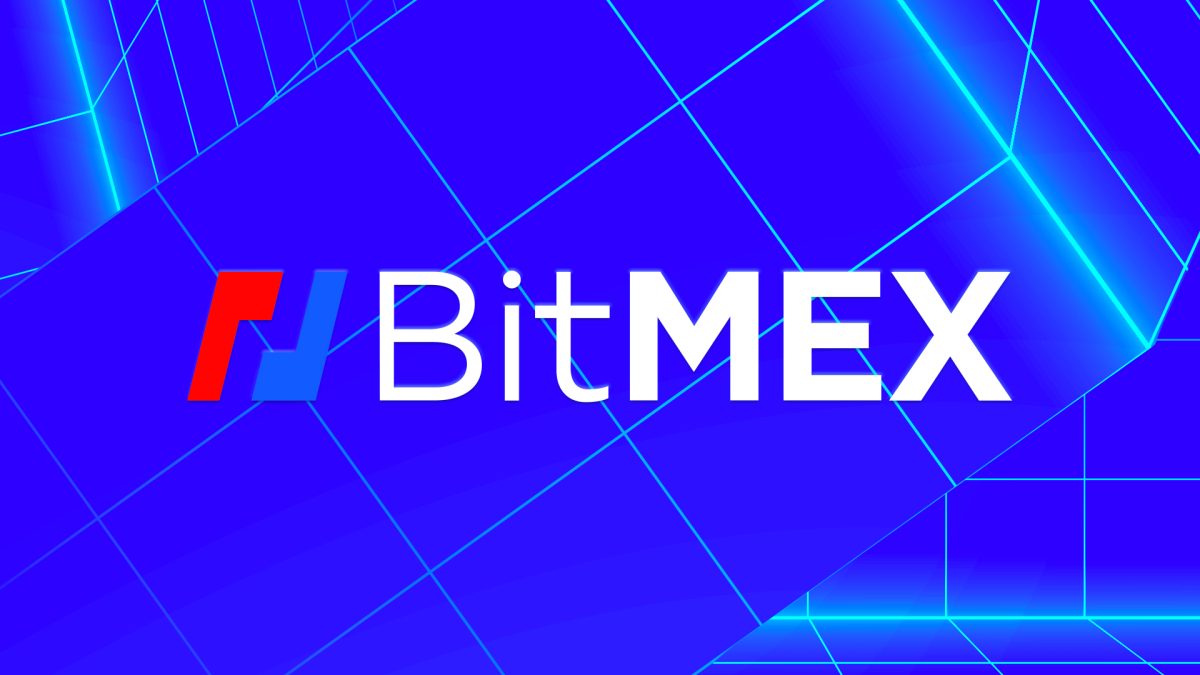BitMEX and founders face yet another lawsuit alleging money laundering and market manipulation

Quick Take
- BitMEX and its founders have been hit with yet another lawsuit that alleges racketeering, money laundering, and market manipulation.
- Păun Gabriel-Razvan, a resident of Bucuresti, Romania, accuses BitMEX’s internal trading desk of directly participating in manipulation schemes.

Beleaguered crypto derivatives exchange BitMEX and its founders are facing yet another lawsuit that alleges racketeering, money laundering, and market manipulation.
Păun Gabriel-Razvan, a resident of Bucuresti, Romania, filed the lawsuit in the Northern District Court of California on Friday. He alleges that HDR Global Trading Limited, the operator of BitMEX, the exchange's founders Arthur Hayes, Ben Delo, and Samuel Reed and others, engaged in and facilitated racketeering activities, "earning Defendants billions of dollars in illicit profits."
The complaint comes one month after a similar lawsuit was filed against BitMEX and founders by plaintiff Dmitry Dolgov, a resident of Moscow, Russia. Both Dolgov and Gabriel-Razvan are represented by the same attorney — Pavel Pogodin of Consensus Law.
"Pavel Pogodin of 'Consensus Law' continues to file spurious claims against us, and others in the cryptocurrency sector," a BitMEX spokesperson today told The Block. "As we've said before, regrettably, Mr. Pogodin operates just like a patent troll, filing 'copy and paste' complaints against us based on rehashed information culled from the internet. We will deal with this through the normal litigation process and remain entirely confident the courts will see his claims for what they are."
The new 197-page lawsuit claims that the defendants sidestepped know your customer (KYC) or anti-money laundering (AML) requirements and accepted "unlimited funds from anyone, without a single question asked." Due to this lack of oversight, "hackers, tax evaders, money launderers, smugglers, drug dealers all flocked to BitMEX flooding the platform with hot money," the lawsuit claims.
Gabriel-Razvan's lawsuit also claims that "BitMEX directly participates in and financially benefits from the market manipulation and money laundering through its internal trading desk and indirectly," and describes a specific example of how this occurs:
"A money launderer (Defendant) would open two exchange accounts – a helper account on one or more exchanges used by BitMEX to calculate its index price (Coinbase Pro, Kraken and BitStamp) and a winner account on BitMEX," the lawsuit explains. "The money launderer would then enter into a large leveraged derivatives position on BitMEX and immediately execute market orders from the helper account with maximum slippage to move the index price in a favorable direction."
Gabriel-Razvan claims that he suffered "significant damages" in an amount to be proven at trial. "Plaintiff suffered the loss of property...Plaintiff seeks three times the amount of actual damages sustained, costs of suit, and reasonable attorney’s fees."
Giving specific details, Pogodin told The Block that Gabriel-Razvan was "defrauded out of 247.94 bitcoin," which is about $4.2 million at today's rate. "Under applicable law, we are seeking to recover three times this amount ($12.6 million), plus interest, costs, and attorney fees. In addition, we are seeking punitive damages of $50 million under California law," said Pogodin.
He went on to say that more "defrauded victims" of BitMEX are coming forward, and "more lawsuits are being prepared and will be filed shortly." Pogodin has previously filed similar complaints against crypto companies Ripple and FTX.
Meanwhile, BitMEX and founders were recently also hit by twin lawsuits by the U.S. government. The Department of Justice and the Commodities Futures Trading Commission accused them of running an unregistered trading platform, violating KYC and AML regulations, as well as the Bank Secrecy Act.
Update: This story has been updated to include comments from Pavel Pogodin of Consensus Law.
© 2023 The Block. All Rights Reserved. This article is provided for informational purposes only. It is not offered or intended to be used as legal, tax, investment, financial, or other advice.



